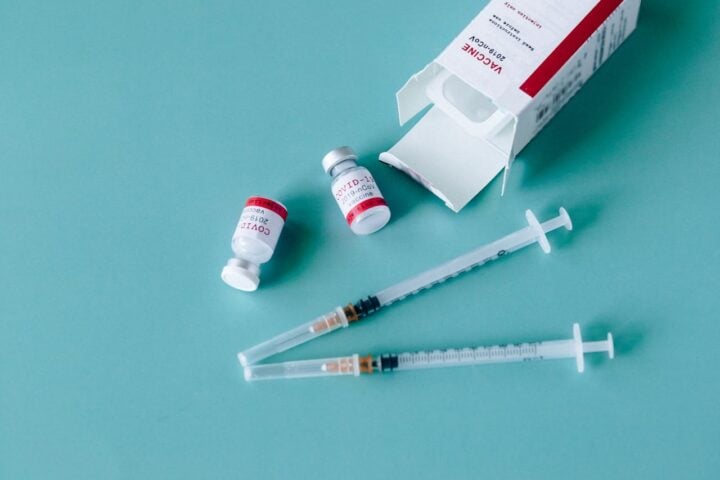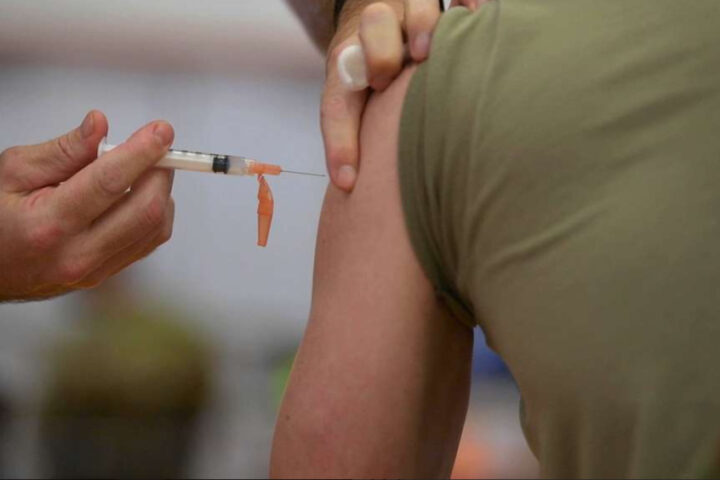The American Stroke Association (ASA), a division of the American Heart Association, has released its 2024 stroke prevention guidelines – replacing the 2014 version. With over 600,000 Americans experiencing their first stroke annually and nearly 160,000 stroke-related deaths, these guidelines arrive at a crucial time.
“The most effective way to reduce the occurrence of a stroke and stroke-related death is to prevent the first stroke,” says Dr. Cheryl D. Bushnell, Chair of the guideline writing group and professor at Wake Forest University School of Medicine.
The Science Behind Prevention
Blood vessels are the highways of our brain health. When these vessels become blocked or burst, the brain’s oxygen supply gets cut off – that’s a stroke. But here’s the empowering part: up to 80% of strokes can be prevented.
Mediterranean Diet
The Brain’s Best Friend The guidelines specifically recommend a Mediterranean-style eating pattern. Think olive oil, fresh vegetables, whole grains, and less processed foods. This isn’t a diet – it’s a sustainable way of eating that research shows reduces stroke risk.
Movement Matters Federal guidelines recommend 150 minutes of moderate exercise or 75 minutes of vigorous activity weekly. Dr. Bushnell’s team found that regular physical activity improves various cardiovascular markers, from blood pressure to cholesterol levels.
Women’s Health
Unique Considerations The guidelines break new ground in addressing women’s specific risk factors:
- Oral contraceptive use
- Pregnancy-related high blood pressure
- Premature birth complications
- Endometriosis
- Early menopause
Social Factors
The Hidden Risk Multipliers For the first time, the guidelines address social determinants of health. Access to care, economic stability, and even neighborhood walkability affect stroke risk. Healthcare providers are urged to connect patients with community resources for food security and housing support.
Medical Advances The guidelines include consideration of glucagon-like peptide 1 receptor agonist medications (GLP-1s) for patients with increased cardiovascular risk. The guidelines recommend at least two antihypertensive medications for most patients to effectively manage blood pressure.
Similar Posts
Life’s Essential 8 Health Metrics
- Healthy nutrition
- Regular physical activity
- Avoiding tobacco
- Healthy sleep
- Healthy weight
- Controlling cholesterol
- Managing blood pressure
- Managing blood sugar
Brain Health Connection
“Most strategies that we recommend for preventing stroke will also help reduce the risk of dementia, another serious health condition related to vascular issues in the brain,” Dr. Bushnell notes.
Early Warning Signs (F.A.S.T.)
- Face drooping
- Arm weakness
- Speech difficulty
- Time to call 911
The guidelines have received endorsements from the Preventive Cardiovascular Nurses Association and the Society for Vascular Surgery. The American College of Obstetricians and Gynecologists supports the clinical value of this document as an educational tool.
For those seeking more information
The ASA provides resources at stroke.org or through their helpline: 1-800-242-8721
Remember
Every lifestyle change, no matter how small, can contribute to better brain health. These guidelines provide a roadmap – the journey to prevention starts with understanding your personal risk factors and taking action.

















